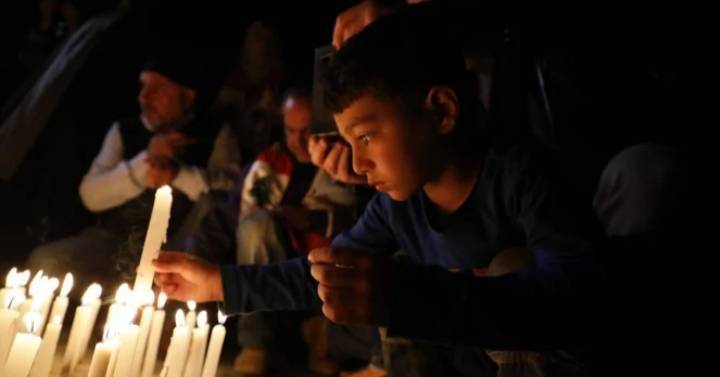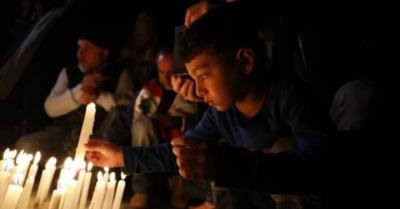The financial and economic scene is increasingly complicated, linked to a stagnant political situation. Based on the current indicators, it can be said that the country is heading toward an even darker fate in the near future if there is no breakthrough on the political front, starting with the election of a president.
In the behind-the-scenes, there seems to be an absolute conviction that everything happening today, whether domestically or concerning the International Monetary Fund, is merely a waste of time, as there is no decision or capacity to move into a new phase. This conviction is felt by those involved in financial and economic affairs who are in contact with active and decisive political circles. From what can be gleaned from these circles, there is a desire to maintain the status quo while waiting for the unseen.
What fuels the likelihood of continuing without any solution or change is that some who hold decision-making positions have begun to promote the idea that the country can acclimatize to the current situation for many years to come. These individuals present a strange rationale to justify continuing, based on the following data:
First - The volume of dollars entering the country, estimated at about 8 billion dollars, in addition to 2 billion dollars that could be secured by productive sectors (like industry and agriculture), may be sufficient to create a kind of acceptable balance allowing the Central Bank to absorb a portion of these dollars and inject them back into the economy in one way or another.
Second - Over time, imports will be reduced, thereby alleviating pressure on the balance of payments, because a country like Lebanon should not have an annual import volume exceeding 10 billion dollars, considering the additional need for imports due to the presence of Syrian refugees in Lebanon.
Third - The "fresh dollar" economy, comprising businesses and professionals who receive their payments in fresh dollars and whose incomes have not been greatly affected by the crisis, now forms what is known as the 20 percent economy, which will contribute to improving the economic cycle. This has become evident through activity in a wide range of sectors, including tourism and dining. The indicators of restaurants operating throughout the week are not the only basis for claiming that the 20 percent economy is sufficient to sustain part of the sectors; there are also indicators of the return of some investments, such as the reopening of hotels that have been closed for years. While the owners of these hotels downplay the economic feasibility of their reopening and emphasize their desire to help Lebanese find additional job opportunities, this does not negate the economic rationale; otherwise, we would have seen these reopenings happen sooner, or there would have been no need to close in the first place.
Fourth - In this context, the state is the poorest and unable to manage its affairs. Thus, there must be a focus on inventing means to obtain additional funds specifically from the 20 percent economy. Attempting to raise income taxes on salary earners in dollars may be the first step among many attempts that will recur in the coming phase, aiming to improve the state's financial situation.
Within these facts, some in decision-making positions believe they can continue as the situation is today for a long time, potentially spanning years. Such thinking is not only barren but also carries the risk of permanently altering Lebanon's face. The issue is not about securing a balance between incoming and outgoing dollars but about the overall structure of the country. When the education sector collapses, for example, the shape of the country fundamentally changes. Likewise, when the healthcare sector or other sectors related to qualified human resources fall apart. These sectors, including the financial sector, have given Lebanon its distinctiveness, enabling 8 billion dollars to flow in from Lebanese abroad. Neglecting these strengths under the pretext that Lebanon can avoid famine and live off remittances is an act of insanity and criminal negligence against the Lebanese people.
However, the most dangerous aspect of this trend is that the chances of its continuity are high, and the country may indeed fall under the will of those in power, continuing as it is, heading towards comprehensive destruction, without those with good intentions and sound vision having the ability to intervene to prevent this tragedy.




